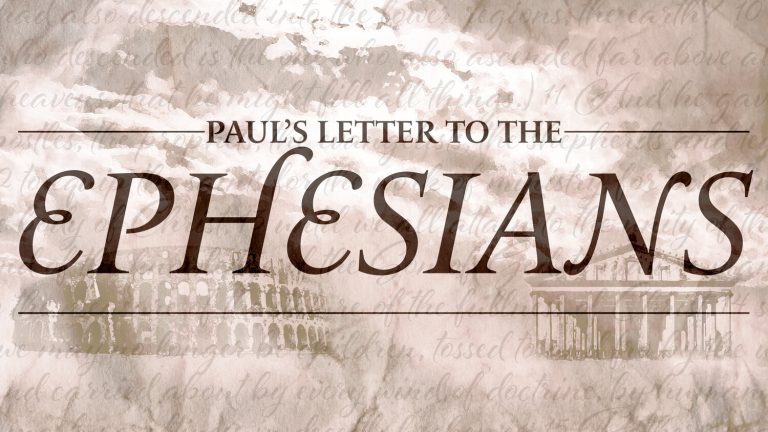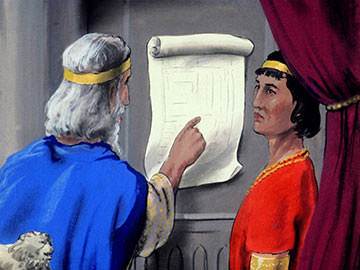
Ancient Anglican
A Modern Perspective on Early Christian Thought.
New on the Blog
Ephesians 1:20-23, Christ’s Authority
Paul writes that the church is filled by this same Christ who is over all things. Christ gives the church community the same power and life that he has been given by God so that the church may experience this power as Paul will later describe in Chapter 2.
Ephesians 1:15-19, The Prayer of Thanksgiving
All of these things – faith, love, wisdom, understanding, enlightenment, and hope – begin with the blessing of God the Father through Jesus Christ (v.3) according to his purpose and his will (v.11) to bring about God’s “glorious inheritance” (v.18) which is the church. This is our story.
Ephesians 1:11-14, We, You, and Ours
The promise to Abraham that all nations will be blessed through him is “our inheritance.” As Paul writes in Galatians, all who are in Christ are heirs to that promise.
Ephesians 1:3-10, God’s Plan
The question is “How does God rescue his creation from sin and death?” Or rather “How is the victory of those forces arrayed against God obtained?” God’s plan (v.10) from the beginning of creation (v.4) is the incarnation, death, and resurrection of Jesus Christ.
Ephesians 1:1-15, Major Themes
Paul’s opening is a panegyric (or a pep rally) for Jesus Christ so that his audience becomes enraptured with wonder, love, and praise for Christ and his works. Paul wants his audience and us to be excited about Jesus and his role in our salvation.
Ephesians – Overview
Ephesians is the reminder to its audience of (i) how Christ has reconciled all creation to himself and to God, (ii) how through Christ, all of humanity is reconciled to each other by and through the church, and (iii) how we in the church are to live a reconciled life.
Philippians 4:10-23, Giving and Receiving
Paul ends his discussion of monetary support with the teaching that it is God who ultimately supplies all of our needs. In other words, in these verses, Paul is saying “Thank you for the gift, but there is no reciprocity between us because we are both patronage clients of God above.”
A Sermon on the Temple of David’s Son (2 Sam. 7:1-14a)
Our concern should never be whether God is on our side, but whether we are on God’s side.
Philippians 4:2-9, “Again, I say Rejoice”
Paul is telling them (and us) that God’s peace stands on duty like a watchman calming the hearts of the faithful and protecting them from spiritual harm. Rejoicing not only leads to peace, but peace protects and allows for the rejoicing.
Philippians 3:17-4:1, Paul’s Summation
Therefore, because we are keeping our eye on the prize, because we are Christ’s own forever, and because we have the hope of the transformation in the Resurrection, we can stand firm in the love and the joy of the Lord. These five verses are one of the greatest expressions of the Christian gospel.
Philippians 3:12-16, Pursuing Christ
In his endevour to seize Christ, Paul writes that he has forgotten everything behind him (his worldly identity, his blamelessness before the law, etc.) so that he can strain and stretch forward with everything he has towards what lies ahead.
Philippians 3:8-11, Gaining Christ
It is in this kenosis of his privileges, that Paul discovers that the true meaning of being a perfect member of God’s covenant people lies with being in Christ and thereby participating in his suffering, death, and resurrection.



